Arctic coastlines turn to mudslides as they collapse at a rate of more than 20m a year
Traditional ways of life in the Arctic and marine life at risk as the coasts collapse.
Thawing permafrost in the Arctic is leading to coasts disintegrating into the sea at a rate of up to 22 metres a year in some areas.
The large quantities of ice in Arctic coastal soils help to hold the land together, and when temperatures rise the land starts to fall apart. As well as land, archaeological remains and ancient frozen animal bodies and plants are also washed into the sea.
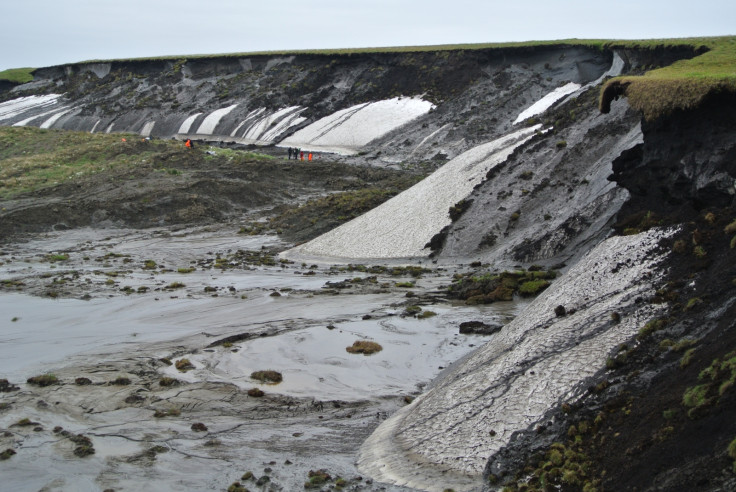
The retreat of the coastlines is also flooding shallow Arctic waters with both nutrients and pollutants, scientists say an article in the journal Nature Climate Change. While there is already evidence of how animals such as polar bears are being affected by climate change, very little is known about what effect coastal collapse will have on Arctic marine life. The loss of land and permafrost is also having a profound effect on people's livelihoods in the Arctic.
One coast retreating fast is that of Herschel Island off the coast of Canada in the Beaufort Sea. At Herschel, thawed permafrost is collapsing in the form of mudslides, spreading out into the coastal waters in sediment plumes stretching for miles.
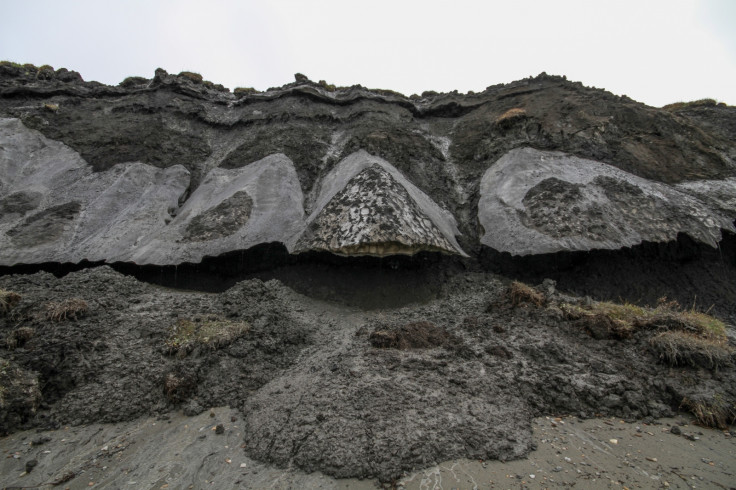
There is very little data available across Arctic coastlines at the moment, so scientists are using Herschel Island as a model to try to understand what might happen elsewhere. Study author Michael Fritz of the Alfred Wegener Institute's Helmholtz Centre for Polar and Marine Research in Germany says that the island, which retreats by up to 22 metres a year, is a good indicator for how the coasts of other Arctic nations could be faring. Countries that have permafrost coastlines in the Arctic include the US, Canada, Russia and Greenland.
"We have very little data at the moment. Only about 2% of the Arctic coasts are actually classified – so for those we know how high the cliff is, what is the sediment, what is the geology, what is the carbon content, what are the nutrients and pollutants in the soil," Fritz told IBTimes UK.
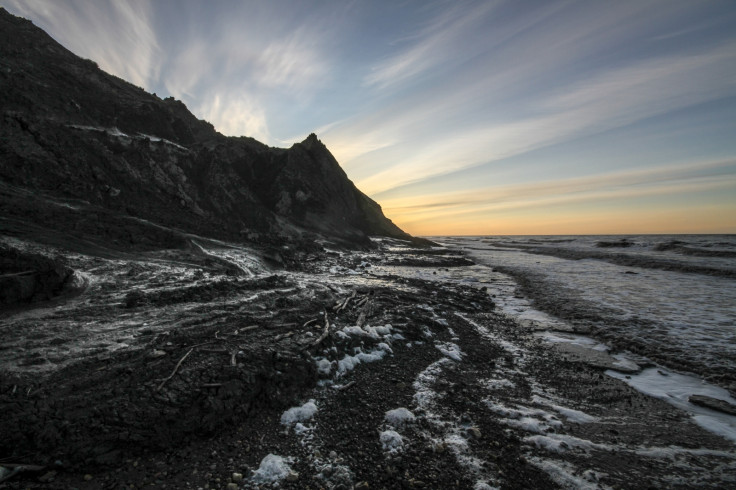
As 34% of coasts in the world are permafrost – around 253,000 miles – Fritz said that we can expect to see more mudslides across the Arctic region.
"We can until now only guess the implications for the food chain," he said. However, there are several ways that Fritz says it might be affected.
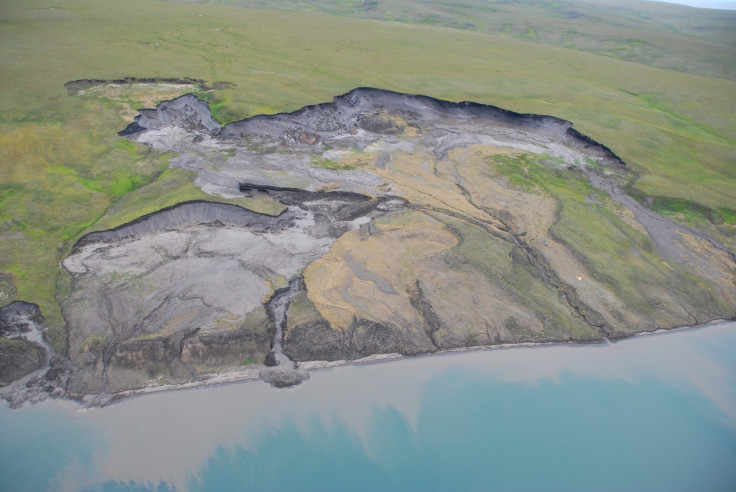
The soil from the melted permafrost deposits a large quantity of organic material in the water, which is broken down by microorganisms, releasing more carbon dioxide into the atmosphere. The nutrients released can also fuel the growth of algal blooms, depleting oxygen in the water and potentially killing fish and other sea animals.
Fritz and his colleagues are calling for a concerted international effort to study Arctic coastlines. There has been little research on this previously due to the inaccessibility of many of the coasts, and it can be politically challenging to study the area.
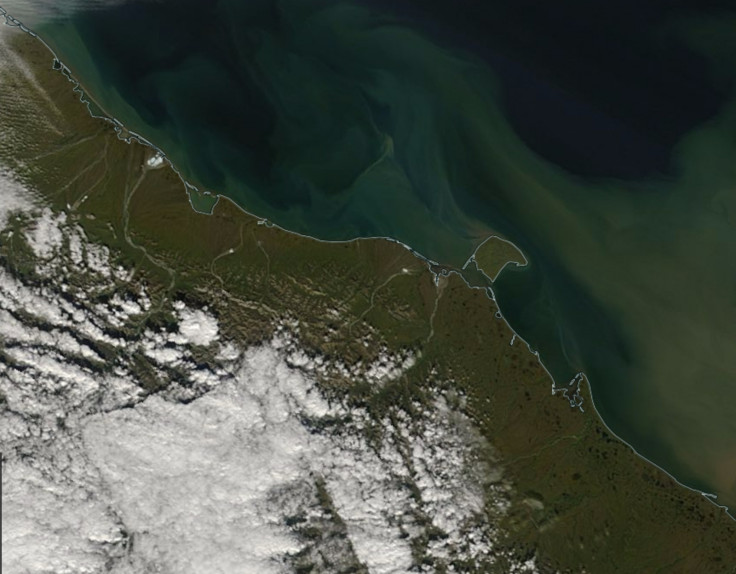
"The Arctic is inhabited, unlike the Antarctic, and these coasts belong to different countries. And these countries have an interest to have the right and the ownership of the coasts, and to do research but also economic development in those areas," Fritz says.
"This can hinder but it can also profit research, so that these areas can be better studied in the future."
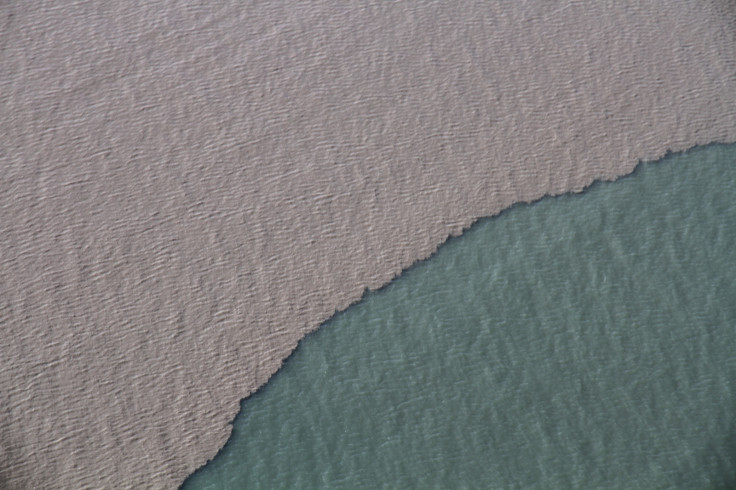
© Copyright IBTimes 2025. All rights reserved.






















